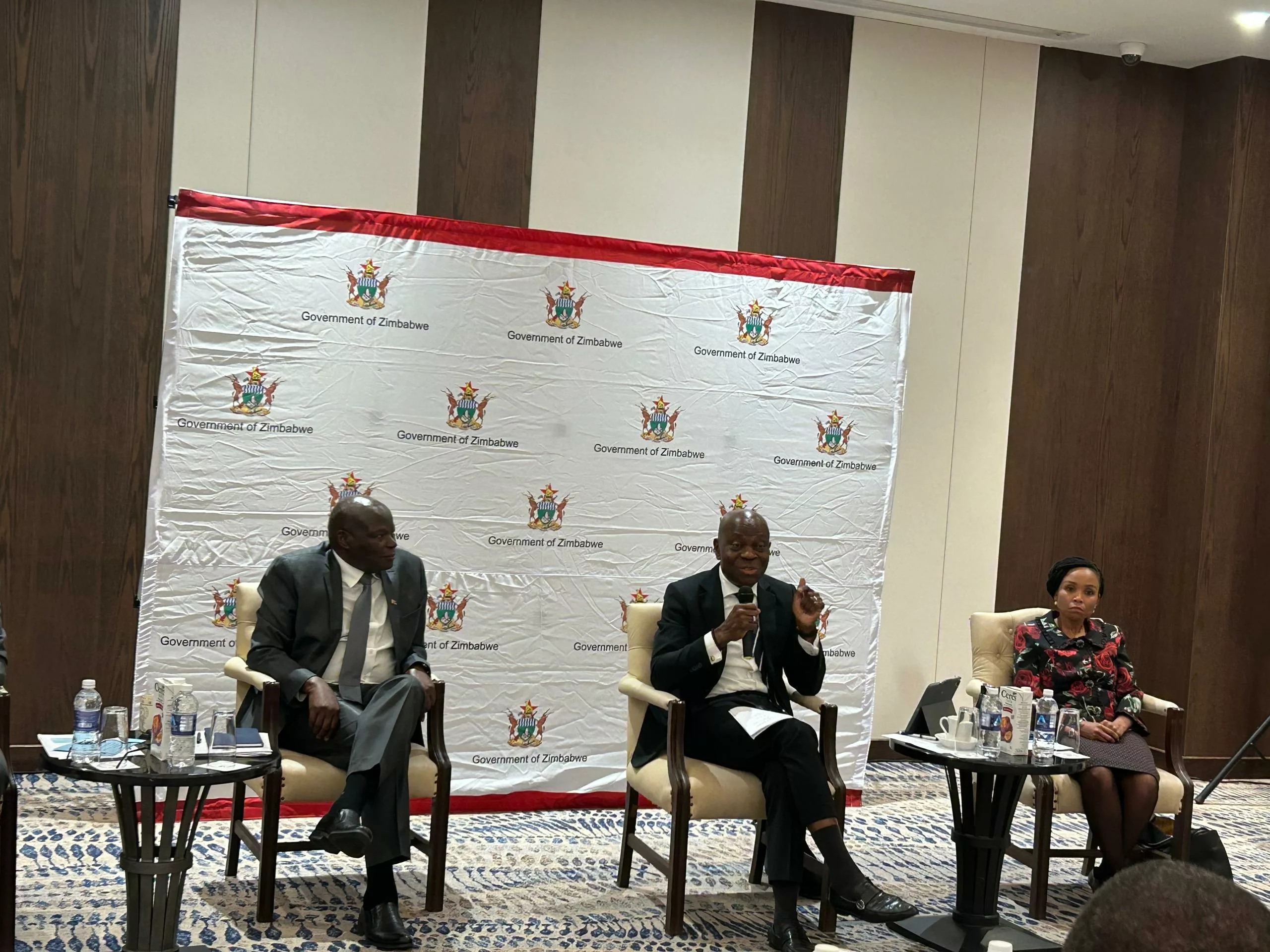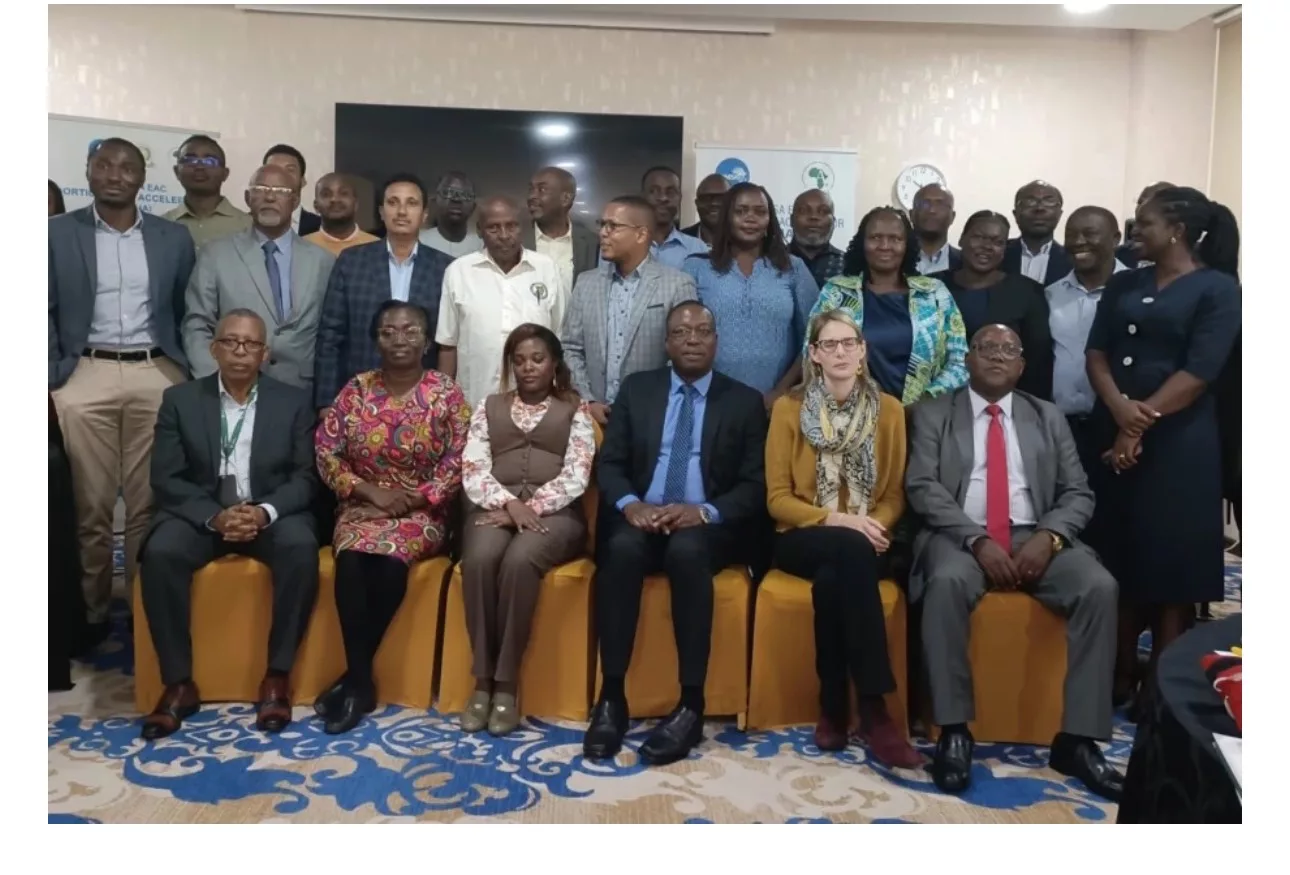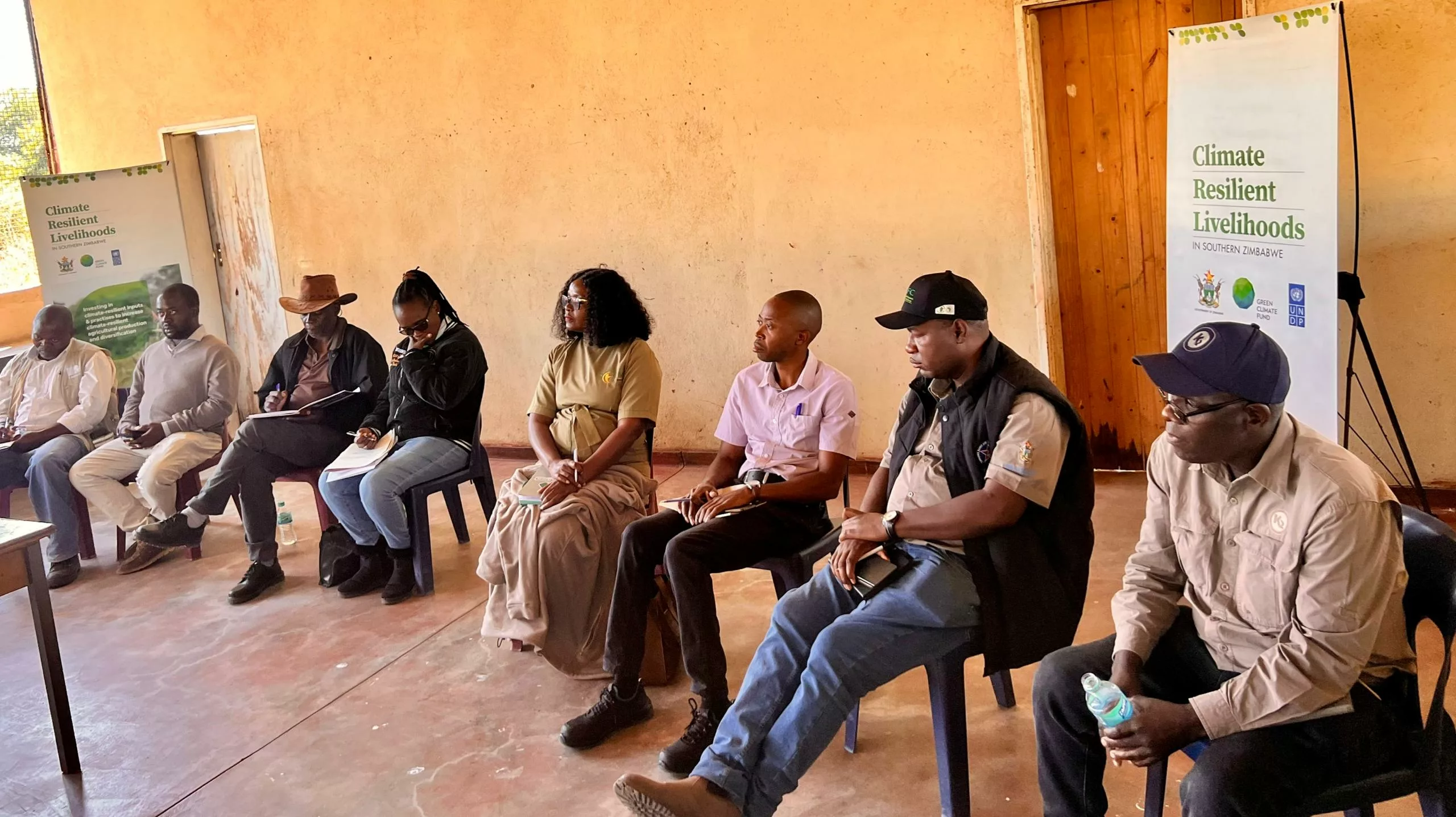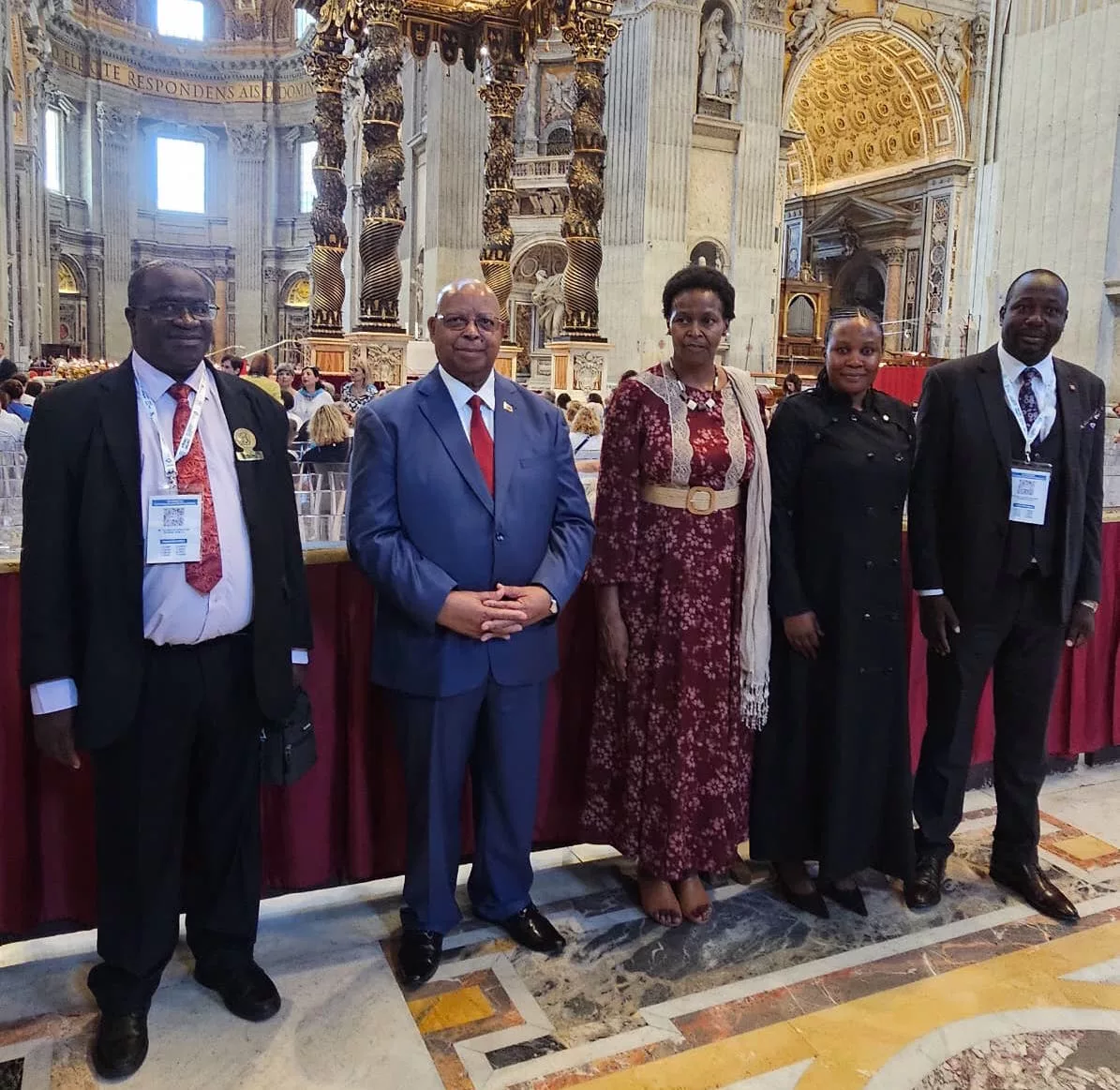|
Getting your Trinity Audio player ready...
|
The Global Coalition for Social Justice is a ground-breaking initiative aimed at intensifying collective efforts to urgently address social justice deficits and to accelerate the implementation of the 2030 Agenda for Sustainable Development, the Sustainable Development Goals, and the Decent Work Agenda.
This emerged today during a media brief with the Ministry of Public Service, Labour, and Social Welfare with the visiting International Labour Organization (ILO) Director-General, Gilbert F. Houngbo under the theme ‘Unpacking of the Global Coalition for Social Justice in Zimbabwe’ held at the Hyatt Regency Hotel in Harare.
In her remarks, Ms Philile Masuku, the Director of the ILO Country Office for Zimbabwe, said the Global Coalition for Social Justice creates a collaborative space for action, dialogue, and advocacy, in which partners shape individual and collective opportunities for concrete actions and tangible outcomes.
“The ultimate goal will be to achieve a greater balance amongst the economic, social, and environmental dimensions of sustainable development, to significantly reduce inequalities and poverty, and to meet essential needs and opportunities worldwide. Overlapping crises and the acceleration of long-term structural economic transformations are making it harder to achieve social justice and the Sustainable Development Goals.
“Social justice makes societies and economies function better, reduces poverty, inequalities, and social tensions, and plays an important role in achieving shared prosperity, stability for peace, and more inclusive and sustainable socio-economic development. Clearly, the quest for social justice, at the heart of the ILO’s constitutional mandate, goes beyond the world of work and requires the involvement of the entire multilateral system,” she said.
Gilbert F. Houngbo spent much of his life working to improve the prospects of the world’s most vulnerable people, using his extensive experience in policy issues, economic development, diplomacy, and financial accessibility. He is a member of the Canadian Institute of Chartered and Professional Accountants, and he joined the United Nations Development Programme (UNDP) in 1997, where he held several posts, including as Head of Financial Reporting and Trust Fund Management, Comptroller and Director of Finance and Administration, Chief of Staff, and Assistant Secretary-General. He was also Deputy Director-General for Africa.
In 2008, he was asked to serve as Prime Minister of Togo, a position he held until 2012. He then returned to the United Nations System in 2013 as Deputy Director-General for Field Operations and Partnerships at the International Labour Organization. In 2017, he was elected as the sixth president of the International Fund for Agriculture Development (IFAD), and in 2021, he was re-elected to the same post.
In March 2022, he was elected as the 11th Director General of the International Labour Organization, becoming the first African to hold the position.
Addressing the same event, Houngbo alluded to the need for Africans to strengthen the social dimension of sustainable development.
“At the moment, the social leg is the one that is lagging. At the moment where we need three or four dimensions – I mean the economic, the technological, the environmental, and the social. Where we are now, of course, when you talk about social justice, there are so many dimensions that you could cover, that at one point, we have to go also from ambition to pragmatism. So we are defining, but we are also trying to go beyond six major thematics, from which we have some thematics. So in total, we are pushing for around 15, or 16 thematic areas where members of the coalition could choose,” he said.
He expressed concern over growing inequalities in both middle-income countries and low-income countries.
“To advance social justice in a way that would benefit the population that we serve, I think that labor or forced labor can be an important focus for fighting discrimination. Inequality is not good for any country. It brings instability,” he said
Mr. Simon Masanga, the Permanent Secretary for the Ministry of Public Service, Labour and Social Welfare lauded his Ministry for improving the conditions of service for government workers, thereby addressing income disparities.
“There are days when people used to go into the civil service and say, these are the poorest in society, but if you are not looking at it, but that effect, Minister, I think that we can improve. That is why we seem to be taking the lead. And we also think that this decision plan should also follow suit so that we reduce inequalities,” he said.
The coalition is a response to the growing recognition that social injustice is a major obstacle to achieving human rights, peace, and sustainable development. By joining forces, members of the coalition aim to create a more just and equitable world where everyone has access to opportunities, resources, and services.
The coalition seeks to promote social justice by addressing the root causes of inequality, such as poverty, discrimination, and lack of access to education and healthcare. It aims to support marginalized communities, including women, children, indigenous peoples, and persons with disabilities.
It will also advocate for policy changes at the national and international levels to promote social justice and address inequality.
The Global Coalition for Social Justice is open to individuals, organizations, and governments that share its vision and objectives. Members of the coalition will have opportunities to participate in global campaigns, advocacy efforts, and knowledge-sharing activities.
The Global Coalition for Social Justice is a powerful initiative that has the potential to create a more just and equitable world. By joining forces and working together, we can make a difference and create a brighter future for all.






